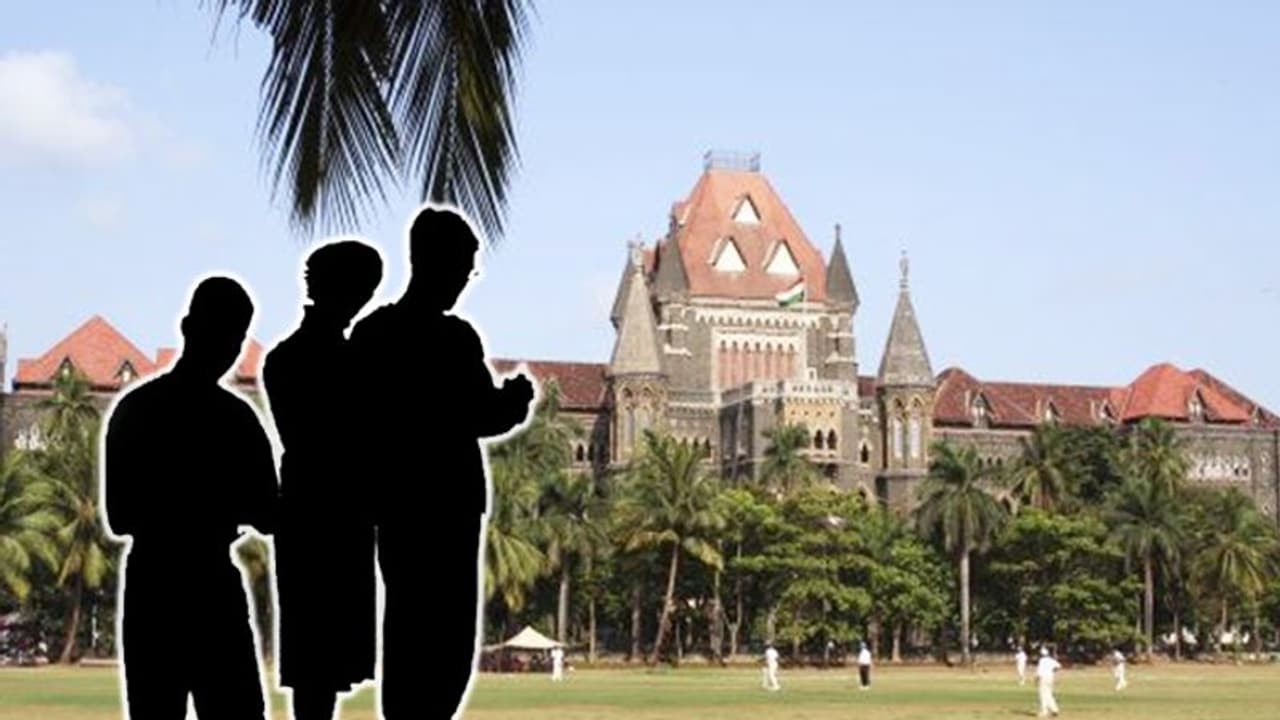Bombay high Court judge had taken exception to the presence of Leo Tolstoy’s War and Peace in the house of activist Vernon Gonsalves arrested in the Elgar Parishad-Bhima Koregaon case. However, the book that the judge queried about was not the venerable Russian writer's classic, but totally another book --- War and Peace in Junglemahal: People, State and Maoists by Biswajit Roy.
There was a huge furore on social media platforms and also in mainstream publications after it was reported that a Bombay high Court judge had taken exception to the presence of Leo Tolstoy’s War and Peace in the house of activist Vernon Gonsalves arrested in the Elgar Parishad-Bhima Koregaon case.
On Twitter, sarcasm and anger flowed freely against the judge's observation, which was, without doubt, silly and disturbing.
As it happens, a day later, it has emerged that the book that the judge queried about was not the venerable Russian writer's classic, but totally another book --- War and Peace in Junglemahal: People, State and Maoists by Biswajit Roy.
A lawyer, who was present in the court, has been quoted as saying, that the judge’s remarks were in reference to the entire gamut of books found by the Pune Police at Gonsalves’ home.
“The judge was referring to a series of books and he read out this title. He didn’t read it out in full because it wasn’t properly legible. So people didn’t hear the rest of the title but he was referring to the entire gamut of books when he posed that question asking ‘why do you have these books’. It wasn’t with reference to any Tolstoy book,” the lawyer added.
Of course, the question remains as to how the mere presence of a book can be incriminating and still stand valid.
But what is equally worrying is the fall in the standards of journalistic reporting, and how a fake news, even if unwittingly created, had spread like wildfire.
For more than a day, the judge was the butt of all ridicule for having seemingly linked Maoism with War and Peace which had nothing to do with Left wing extremism. That is mostly because reporters covering the case were lax in their approach.
Apparently, the judge, while reading from the documents submitted before the court, had mentioned a slew of books and asked, "Why do you have these?"
So that begs the question, why War and Peace alone was highlighted in the media reports that eventually became viral news of the day.
In general, in these days of heightened news delivery through social media platforms, speed and sensationalism are taken to be paramount, and in the bargain, accuracy has become a casualty.
At the risk of sounding like an old geezer, in the previous era, reporters while taking notes of the proceedings would have also waited till they had a copy of the court papers and cross-checked with what they had heard. It would have ended the confusion and the matter would have been sorted here itself without it having been spun into a spurious story.
But these days, media hands practically live tweet from court rooms and many a time it has proven dangerous, as court events don't always lend themselves such frenetic reporting.
While the mistake may have been due to lack of rigour on the part of court correspondents, once it arrived on the social media platforms even those handles who pride themselves on being sticklers for facts got carried away. There was more than an unseemly zeal to shame the judge that no due diligence was carried out on the matter.
It is sobering and worrying that fake news gets created and spread equally by those who claim themselves to be in the vanguard of the fight against it.
The old cliche' about democracy is that eternal vigilance is its price.
Journalism too exacts the same cost.
